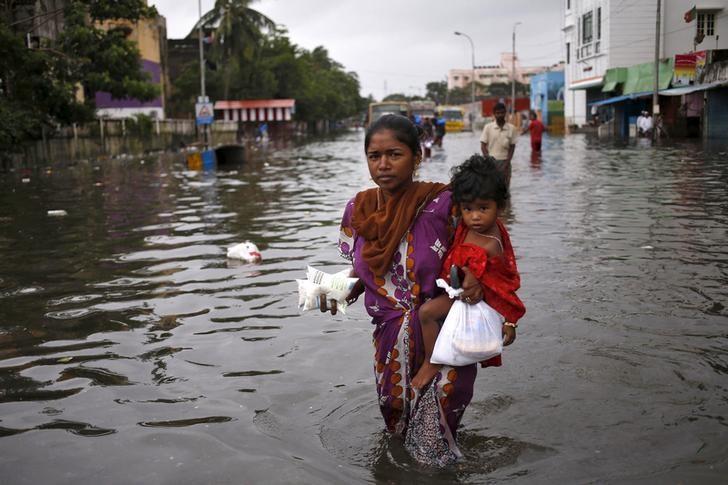
On the night of April 29, 1991, a deadly cyclone struck the Chittagong district of southeastern Bangladesh. Of the 140,000 lives lost, 90% were women.
During the 1995 earthquake in Kobe, Japan, 1.5 times more women lost their lives than men.
As Hurricane Katrina ripped through New Orleans on August 29, 2005, 80% of those who were left behind were women.
These statistics, drawn from case studies conducted around major natural disasters, illustrate the disparity between the level of risk men and women face during natural disasters. Although the severity of the issue has been stressed by the UN during the 2005 World Conference on Disaster Reduction in Kobe, Japan, countries all over the world still disregard the importance of gender equity in reducing disaster risk. In the article “Gender Equality Can Save Women’s Lives In Disasters,” Phumzile Mlambo-Ngcuka, Executive Director of UN Women, and Robert Glasse, head of the UN Office for Disaster Risk Reduction, discuss the source of hindrance to progress. Through an analysis of a report by UNISDR (United Nations International Strategy for Disaster Reduction), they found that most countries struggled to know how and where to implement gender equality. Many countries claimed that because they had already addressed gender equality within their laws, they had done their job. Some countries argued against the findings that women were at a higher risk during natural disasters in comparison to men. They also discussed the implementation of a global flagship programme with the International Federation of Red Cross and Red Crescent Societies (IFRC), to address these issues and increase women’s leadership in addressing disaster risk.
Yes, women must be involved in conversations surrounding disaster risk prevention, that is a given. However, the root of the issue extends far beyond what involvement in conversations could solve. We must re-evaluate our socially constructed notion of gender, along with its effects on the socio-economic status of women, in order to truly decrease the risk women face during natural disasters. The Judith Layzer reading on Hurricane Katrina discussed the vulnerability of the poor and disadvantaged during the disaster, yet it neglected to discuss that 80% of those left behind in New Orleans were women, specifically black women, who did not have the financial means to evacuate the city. We live in a society that prioritizes the lives of white men, who are able to exercise their privilege over those who are left to suffer. This is simply outrageous. We must recognize that natural disasters are gendered events, and re-evaluate our constructed notion of gender before it is too late.
Source:
https://www.huffingtonpost.com/entry/5910a273e4b056aa2363d790
https://www.jstor.org/stable/20838463?seq=1#metadata_info_tab_contents
